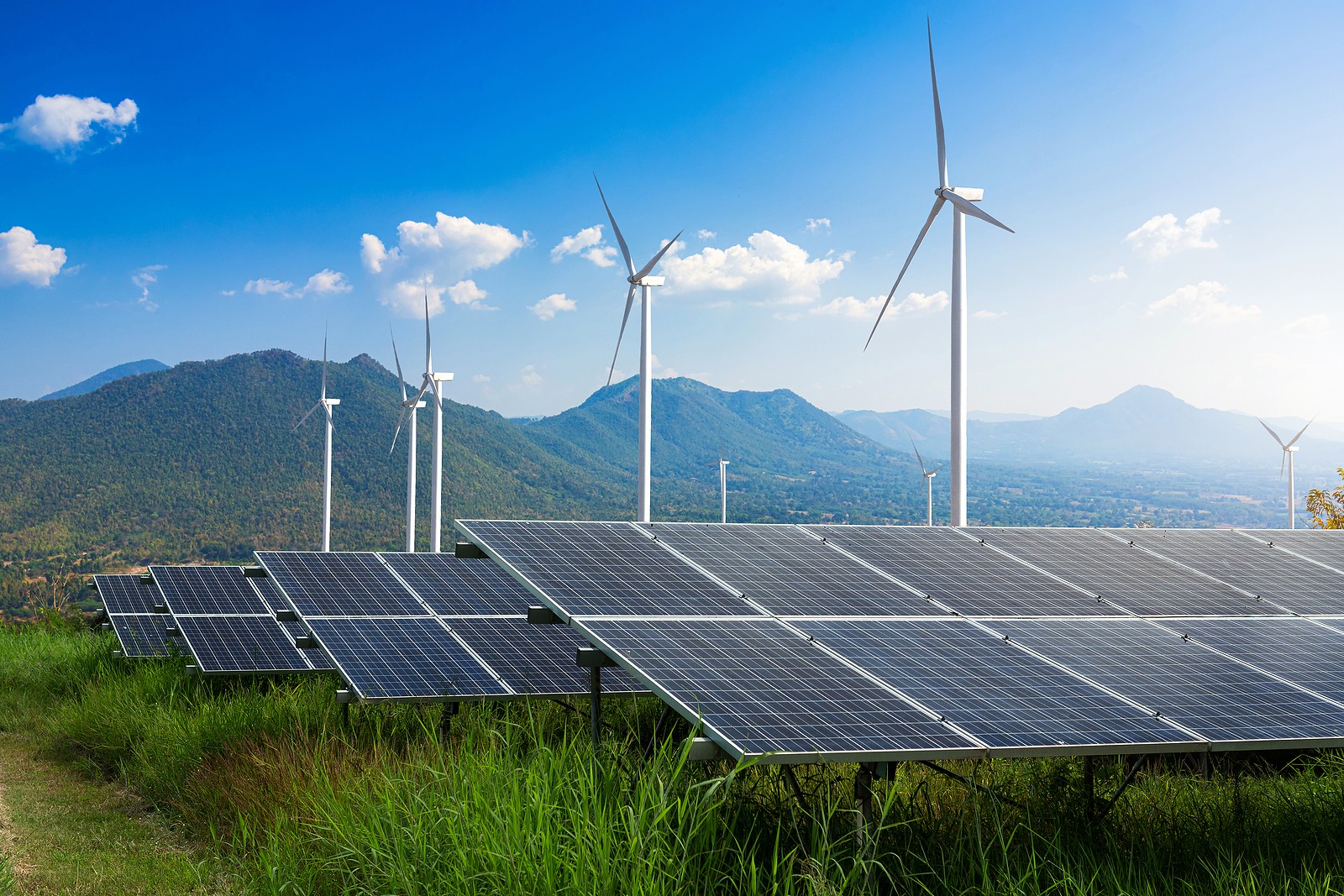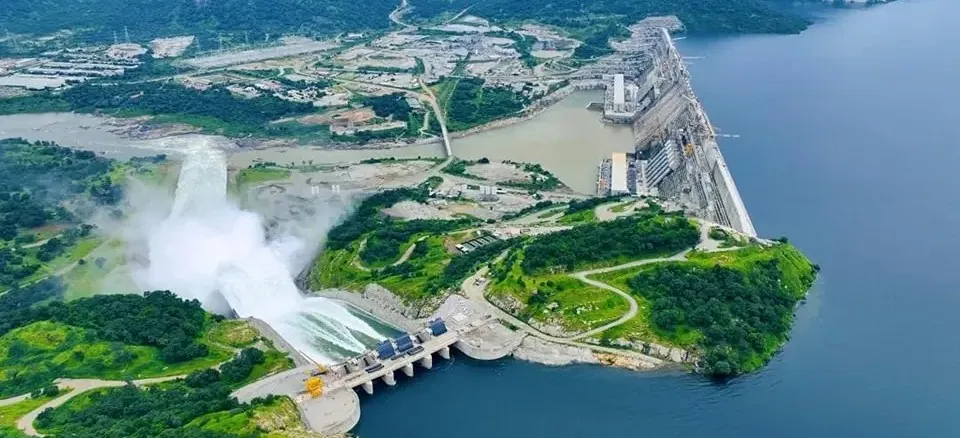Thirty-year energy deals in Nigeria like the Ikere Gorge Hydropower Project in Oyo State (6MW) and Omi-Kampe Hydropower Project in Kogi State (2MW) sound huge on paper. But the real story is about who captures value and who bears risk.
1. Private investors
Private companies like Quaint Energy invest millions upfront to build and operate these plants. For a 6MW hydropower plant, construction and equipment costs in Nigeria can range from $12–15 million per MW, meaning Ikere Gorge could cost roughly $72–90 million to construct. Over a 30-year concession, investors earn revenue by selling electricity to the state or off-grid users.
- Revenue potential: At KES 25 per kWh for rural businesses and households, a 6MW plant running at 50% capacity factor generates ~13.1 million kWh per year, translating to $2 million annually. Over 30 years, before costs, that’s nearly $60 million, excluding inflation, tariff increases, or additional industrial off-take.
- Risk: Investors assume construction, operational, and demand risks, but contracts like concessions or IPPs often mitigate this with guaranteed off-take or government-backed policies.
2. Government / public sector
The Nigerian government typically contributes regulatory support rather than capital. Over 30 years, the state benefits in multiple ways:
- Economic multiplier: Rural electrification drives small business growth. If 1,000 small enterprises use the 6MW Ikere Gorge plant, each generating KES 500,000/year in revenue, the local economy grows by KES 500 million annually, or KES 15 billion over 30 years.
- Policy leverage: By controlling tariffs, enforcing environmental standards, and overseeing concession agreements, the government ensures energy access and can influence development outcomes without massive upfront spending.
Read Also: Why KPLC Tokens Are 22% More Expensive (Real Data From 2024–2025)
3. Local communities
Reliable energy transforms rural areas:
- Business impact: Farmers and small industries no longer rely on generators costing 40–60% more per kWh. Cost savings directly improve profitability and reinvestment potential.
- Social impact: Households gain reliable power for lighting, refrigeration, and technology. Statistically, access to electricity correlates with 20–30% higher productivity in rural SMEs and improved school retention rates.
4. Broader economy
Over decades, these deals stimulate infrastructure, jobs, and ancillary industries. Each megawatt of hydropower in rural Nigeria has a multiplier effect of 3–5x in local GDP, according to development finance estimates. For Oyo and Kogi, that translates to KES 500 million–1 billion per year circulating through local economies per project.
Bottom line:
- Investors win via predictable revenue streams.
- Government wins through economic growth without massive upfront costs.
- Communities win with reliable power and new opportunities.
- Nigeria’s economy wins from long-term infrastructure and multiplier effects.
These deals are carefully structured to balance risk and reward, ensuring that over 30 years, multiple stakeholders—not just one—come out ahead. The trick is getting the deal terms right, and Nigeria is starting to do that.















